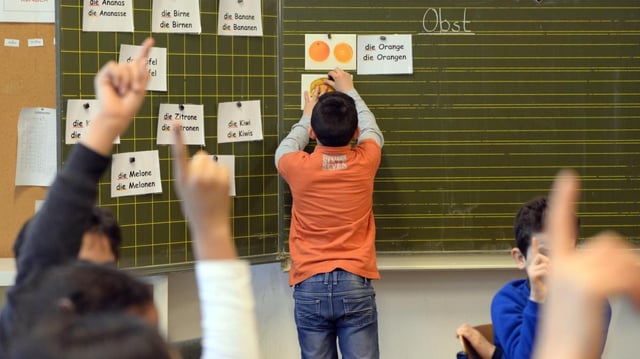Overview
- Federal Education Minister Karin Prien’s quota proposal met rapid opposition from state governments and teaching bodies, and Bavaria formally rejected the plan this week
- Policy makers have pivoted toward early intervention strategies, including mandatory preschool attendance for three-year-olds and compulsory language screening for four-year-olds
- Chronic shortages of trained German-as-second-language teachers, driven by low pay, undermine support in schools where some classes reach 98 percent migrant-background pupils
- Disparate early-childhood education standards across Germany’s Länder expose gaps in resources and quality, complicating any uniform roll-out of new reforms
- Officials are studying integration models in Denmark and Canada that tie residency status to language proficiency as they refine Germany’s approach



